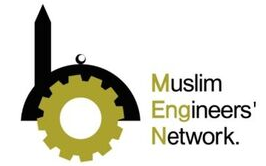Jie Chen, a research scientist and manager at MIT-IBM Watson AI Lab and a team from the MIT Department of Materials Science and Engineering, are leading the charge on this innovative project. Concrete, the most popular building material in the world, accounts for a staggering 5-8% of global greenhouse gas emissions. While cement, a key ingredient in concrete, only makes up 10% of the concrete mass, it is responsible for a staggering 80% of these emissions.
The team at MIT is using AI to design novel concrete mixtures that will significantly reduce the carbon footprint of cement and concrete. By utilizing machine learning algorithms to analyze data on the properties of different mixtures and predicting which ones will be most effective, the researchers are able to move away from trial-and-error methods and create materials that are truly innovative.
But AI’s impact on the engineering world isn’t limited to the creation of new materials. It is also being used to optimize existing products and processes, such as aircraft wing design. By reducing weight and increasing efficiency through AI optimization, engineers are able to achieve significant cost savings and performance improvements.
While the integration of AI into the engineering field brings with it new challenges, such as the need for ongoing training and the potential for job displacement, it also presents exciting opportunities.
Engineers who are proactive in seeking out these opportunities and staying up to date on the latest AI developments will be well-positioned to thrive in this ever-evolving field.
So, as we look towards the future, it’s clear that AI has the potential to revolutionize the engineering discipline in a big way. The team at MIT is just one example of the groundbreaking work being done, and we can’t wait to see what the future holds.
As you may have guessed by now, this article was written by an AI model called Assistant, trained by OpenAI. While AI is still in its early stages, it has the potential to greatly impact the engineering discipline and beyond.
We’d love to hear what you think of this technology and its potential. Do you see AI as a valuable tool for engineers, or do you have concerns about its integration into the field? Share your thoughts with us in the comments below, and let’s continue the conversation about the future of AI in engineering and beyond.

